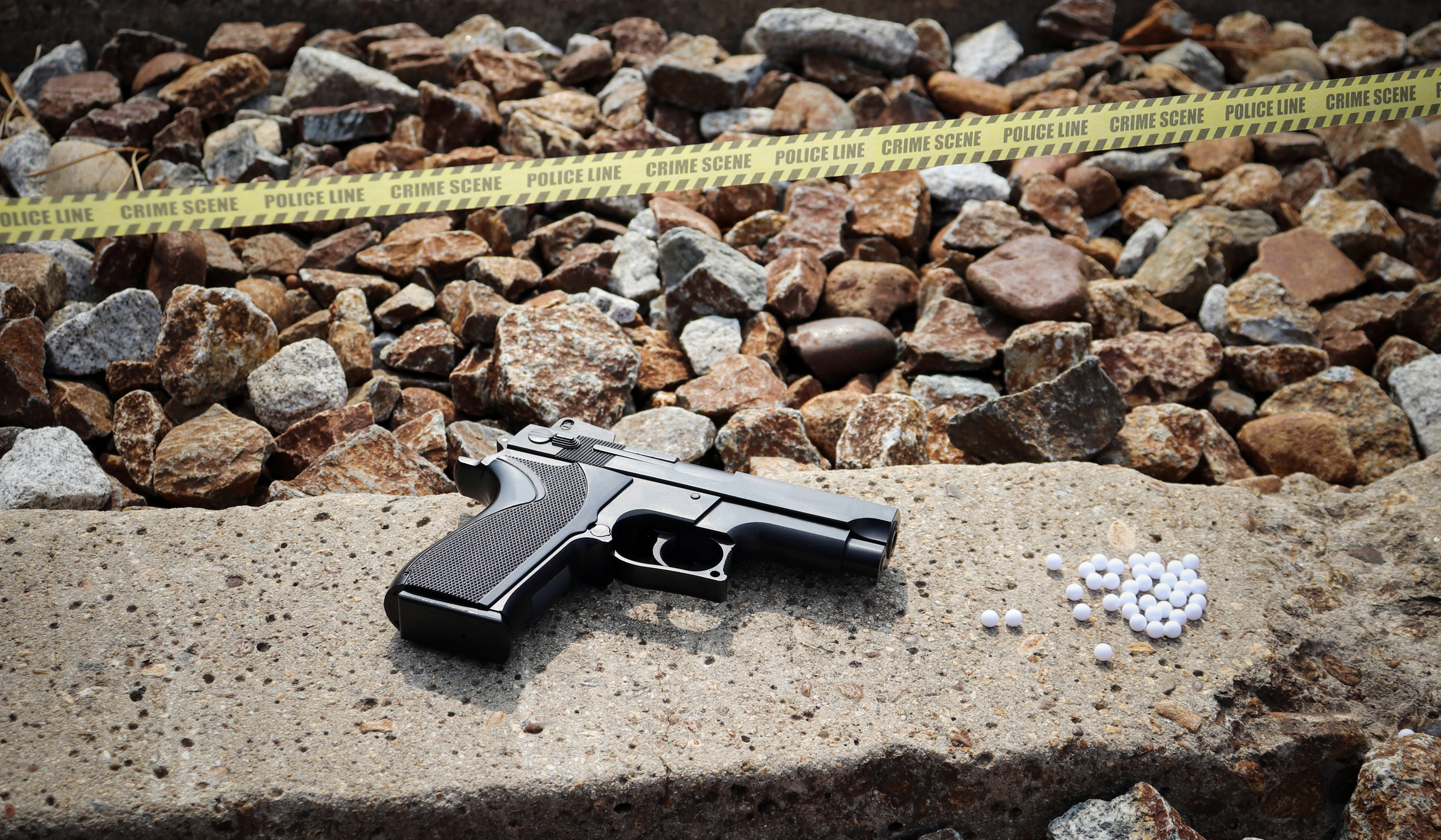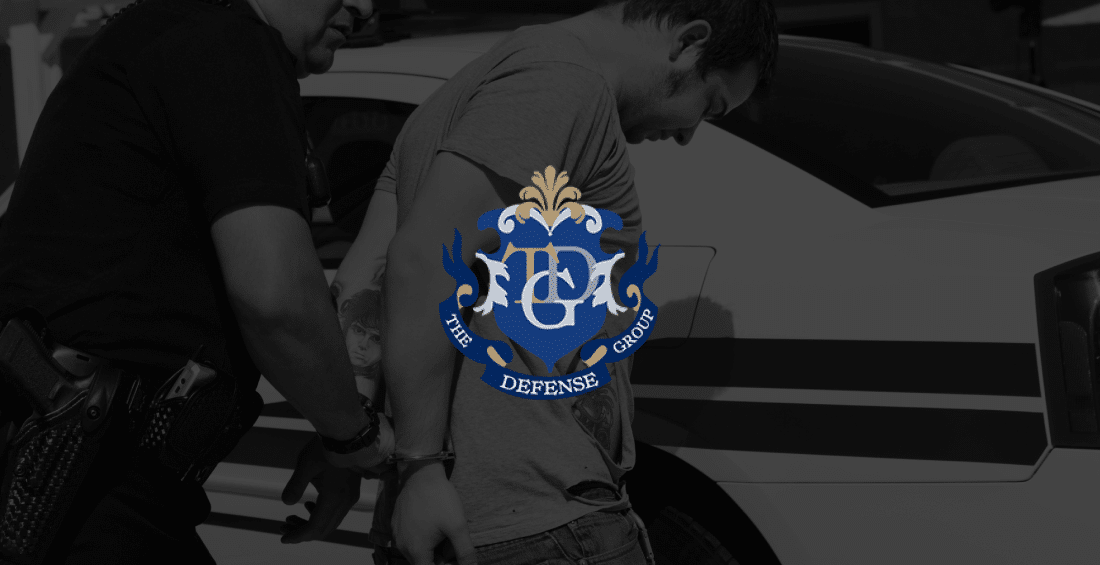Red Flag Laws in Florida
Florida’s Red Flag Law reflects a broader national conversation about balancing gun rights with public safety. Officially known as the Risk Protection Order (RPO), this law allows law enforcement to temporarily confiscate firearms from individuals deemed a threat to themselves or others. Understanding how this law works is crucial if you’re a gun owner or a concerned citizen.
What Is the Red Flag Law?
Florida’s Red Flag Law was enacted in 2018 following the tragic mass shooting at Marjory Stoneman Douglas High School in Parkland. The goal of the legislation is to prevent violence by removing firearms from individuals who show warning signs of dangerous behavior. Law enforcement officers can petition a court for a Risk Protection Order if they believe someone poses a significant danger of causing personal injury with a firearm.
Unlike criminal cases, this process happens in civil court. This means the person who is the subject of the order is not being charged with a crime, but the consequences can still be serious.
How Does the Process Work?
Filing the Petition
The process begins with the filing of a petition. Only law enforcement officers or agencies are allowed to file an RPO petition. Family members, friends, or co-workers cannot directly petition the court but can report concerns to the police.
Court Hearing
Next, a judge reviews the petition and evidence, which might include witness testimony, social media activity, recent threats, or signs of mental instability. If the judge finds reasonable cause, they may issue a temporary RPO for up to 14 days.
Final Hearing
Within those 14 days, a final hearing takes place. The individual, known as the respondent, presents their case with legal representation. The order can be extended for up to 12 months if the judge rules in favor of the RPO.
Firearm Seizure
If an RPO is granted, the respondent must surrender their firearms and concealed carry permits to law enforcement. Refusing to comply can result in criminal charges.
Appeal and Renewal
The respondent can request one hearing to modify or dismiss the order. Law enforcement can also petition to renew the RPO if they believe the danger still exists.
What Evidence Is Considered?
Judges take these cases seriously and rely on various evidence before deciding. Some examples of evidence include recent acts or threats of violence, reckless use or brandishing of firearms, drug or alcohol abuse, violent criminal history, and social media posts suggesting violent intentions.
The burden of proof in these cases is a preponderance of the evidence, meaning it’s more likely than not that the person poses a risk. This is a lower standard than beyond a reasonable doubt, which applies in criminal cases.
Rights of the Respondent
Knowing your rights is important if you’re the subject of a Risk Protection Order. The right of due process guarantees you can attend the final hearing and present evidence in your defense. Individuals in these cases have the right to legal representation; while not automatically provided, you can hire an attorney. You also have the right to an appeal. You can request a hearing to have the order lifted, but the burden is on you to prove you’re no longer a danger. Understanding these rights can be the difference between regaining your firearms and facing a ban.
What Is the Impact on Gun Owners?
Florida’s Red Flag Law can feel unsettling to gun owners who value their Second Amendment rights. Critics argue that the law allows firearm confiscation based on accusations rather than convictions, which raises concerns about false claims or misuse. Supporters of the law see it as a vital tool to prevent tragedies by acting before violence occurs.
The reality lies somewhere in between. Mistakes can happen while the law aims to balance public safety and individual rights. That’s why gun owners must stay informed, understand the legal process, and know how to respond if faced with an RPO.
How Can You Protect Yourself?
Protecting yourself as a firearm owner in Florida starts with being proactive. First, educate yourself about the Red Flag Law, how it works, what triggers an RPO, and what your rights are if you’re ever served with one. Responsible communication is also key. Be mindful of how you express frustration in person and online, as threatening language can be used as evidence against you. If you’re dealing with stress, mental health struggles, or substance abuse, seek help early. Taking care of your mental health protects you and those around you. Legal support can be critical if you ever need to defend your rights. Keep the contact information of an attorney familiar with Florida’s firearm laws nearby. Lastly, store your firearms securely and in accordance with state laws. Responsible ownership can help prevent misunderstandings and unnecessary legal issues. You can better safeguard your rights and community by staying informed, thoughtful, and prepared.
Protect Your Rights! Consult The Defense Group Today.
A Risk Protection Order can be overwhelming and confusing, but you don’t have to navigate it alone. Having a lawyer by your side can make all the difference if your firearms are at risk of being seized under Florida’s Red Flag Law. The team at The Defense Group defends gun owners’ rights, ensures due process, and fights for fair outcomes in court. Whether you’re preparing for a hearing or seeking to appeal an order, we’re here to help. Don’t wait! Your Second Amendment rights are too important. Contact us at 407-743-8430 for a free case evaluation and take the first step in protecting what matters most.











